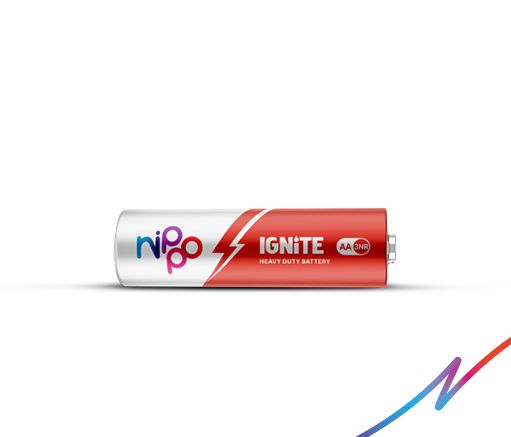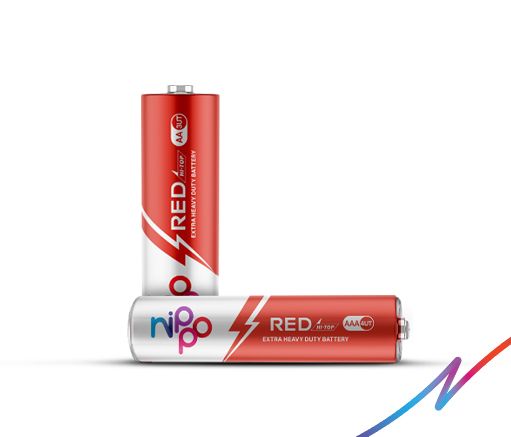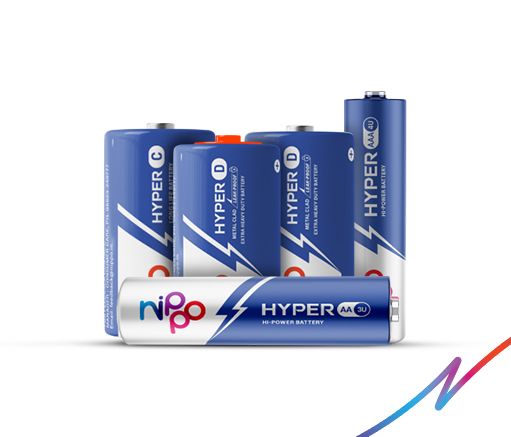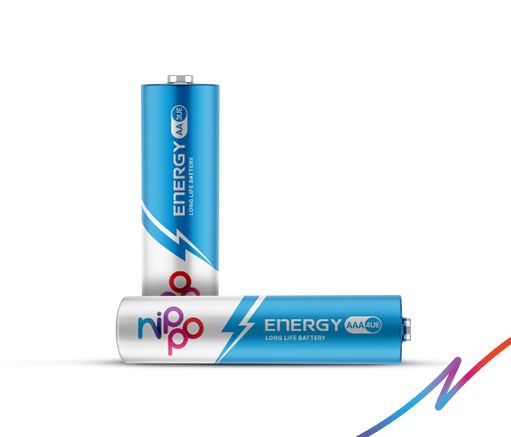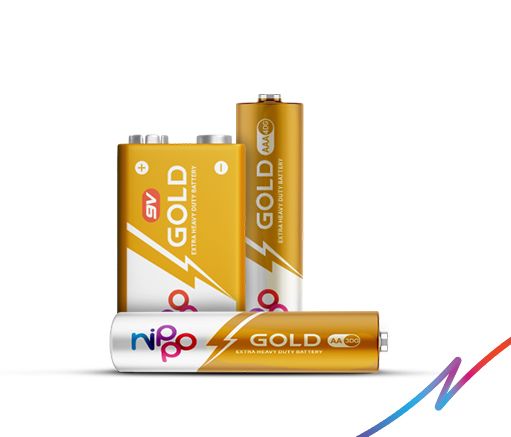FAQs
What do you mean by battery?

A battery is a device that consists of one or more electrochemical cells, which convert chemical energy into electrical energy.
How do we get electricity from batteries? Battery structure

Chemical batteries consist of two poles ‐ positive (+) and negative (‐) ‐ and an electrolyte solution. Chemical reactions between the poles and this solution are what generate the electricity. So by using different substances for the poles and different electrolyte solutions, we can make lots of types of batteries with different properties and voltages.
What are the basic classifications of chemical batteries?

"Chemical batteries" can be further divided into two main types. The batteries we usually call "dry batteries" ‐ the ones whose energy will eventually run out after prolonged use ‐ are properly known as "primary batteries". Then, we have those which unlike "primary batteries" can be recharged and used again after they run out. These rechargeable batteries are properly known as "secondary batteries".
How should I place my batteries in the gadget?

Always follow the instructions on your device as to how you must align your batteries. Never put the batteries the wrong way around as that could damage your device and battery.
What are the different sizes available in batteries?

AA, AAA, D-size, C-size, 9V, Button cells
Do all batteries last for the same time?

It depends on the mix of what goes into the battery. The premium batteries always come with a better mix and its highly recommended for high-drain devices
What should I do if a battery leaks and I come in contact with the same?

Most batteries contain chemicals that would not harm your exposed skin, however, a leaking battery should be handled with care and precaution. The chemicals in a battery should not be placed near the eyes or ingested. You should consult a doctor immediately if this happens.
What is the Nominal voltage of a battery?

The nominal output voltage of a battery is 1.5V and all Nippo batteries conform to the standard conditions.
What is called shelf life of a battery?

The duration of storage under specified conditions at the end of which a cell or battery still retains the ability to give a specified performance.
Can I recharge any battery?

No, only batteries that are labelled as 'rechargeable' can be recharged. Do not try to recharge other batteries as they could get damaged in the process.
Can I mix old & New batteries?

Never mix old and new batteries in a device. This can lead to a decreased performance by the device and damage the batteries.
Can I mix different types of batteries?

Never mix different types of batteries as they have been designed for different uses. For example, mixing a zinc chloride battery with an alkaline battery will lead to poor performance of your device and can damage the batteries. Also, do not mix batteries from different brands in a device as that can also lead to damaged batteries and a decreased performance by your device.
What are the possible applications in which Dry cell batteries can be used?

Dry cell batteries are popularly used in Torch Lights, Transistors, Radio, Tape Recorders, Cameras and Camera Flashes, Personal Stereos, Quartz Wall Clock, Calculators, Remote Controls of TV, Battery Powered Toys, Hearing Aids, etc.
How I can get a better lifecycle for my battery?

Remove batteries when not in use & and keep your batteries in a dry place at room temperature.











